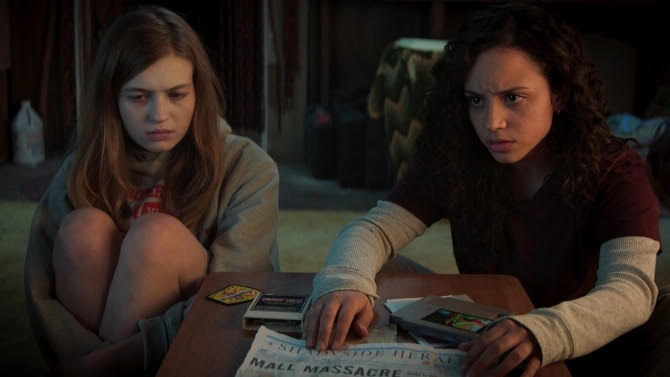Television landscapes shift, and tropes that were once commonplace can become outdated or even offensive in the modern era. Here are 10 examples of TV tropes from past decades that wouldn’t fly today
The Bury Your Gays Trope: This trope, prevalent in older shows, often saw LGBTQ+ characters killed off tragically, reinforcing negative stereotypes and denying them happy endings. Shows like “Buffy the Vampire Slayer” have been criticized for this trope.
The Flawed Anti-Hero Gets the Girl (Without Earning It): Once a popular trope, the brooding, bad-boy protagonist who wins the heart of the good girl despite treating her poorly is no longer relatable. Audiences now expect healthier relationships with mutual respect.
The Magical Minstrel Show: Shows once featured stereotypical portrayals of minority characters, often relying on offensive jokes and exaggerated accents. Today, representation is crucial, and portrayals need to be authentic and respectful.
The Wife Who Waits: The trope of the wife patiently waiting for her husband to return from war or work, regardless of the situation, feels outdated. Modern narratives depict women with agency and independence.
The All-Knowing Butler/Maid: These characters, often people of color, existed solely to serve the white protagonists and offer convenient plot exposition. Today, domestic staff are portrayed realistically, and stories explore their own lives.
The Laugh Track Tells You When It’s Funny: The canned laughter once defining sitcoms is disappearing. Modern audiences prefer humor that stands on its own merit, allowing viewers to find their own comedic moments.
The Woman’s Work is Never Done: Sitcoms often relegated women to domestic duties while men pursued careers. Today’s shows depict a more balanced portrayal of domestic chores and career aspirations for both genders.
The “Magical Negro” Trope: This harmful trope featured a wise Black character who exists solely to help the white protagonist overcome their struggles. It reinforces stereotypes and denies Black characters their own agency.
The Stock “Best Friend” Characters: Shows often had stereotypical best friend characters – the goofy sidekick, the sassy best friend, etc. Today, friendships are depicted with more nuance and complexity.
The “Evil Scientist” Madman: The trope of the maniacal scientist with a world-ending plan has grown tired. Modern audiences crave more complex antagonists with understandable motivations.
While nostalgia can be powerful, it’s important to recognize when tropes no longer resonate. Modern television strives for more authentic representation, healthier relationships, and narratives that reflect the complexities of the real world.
